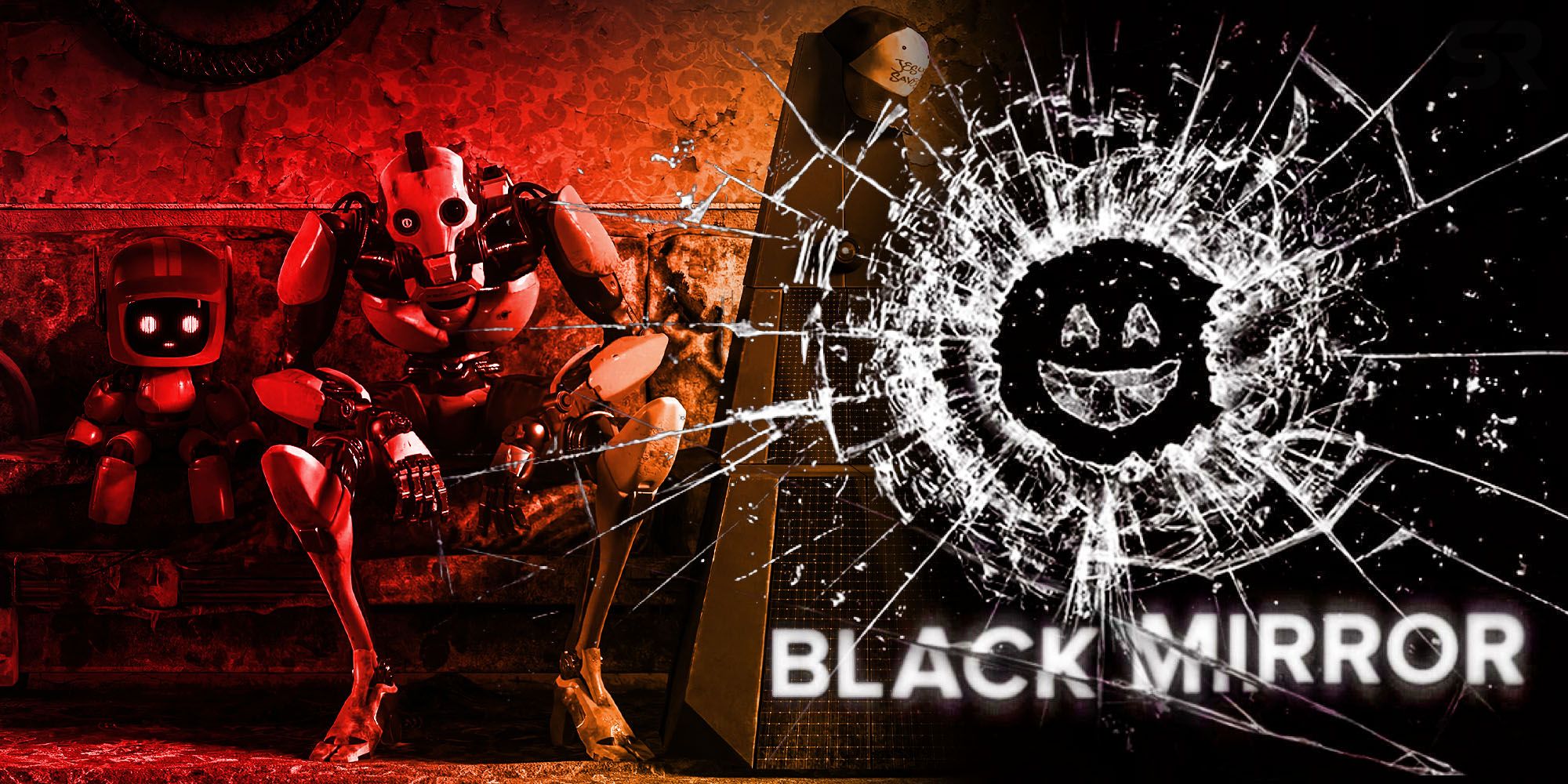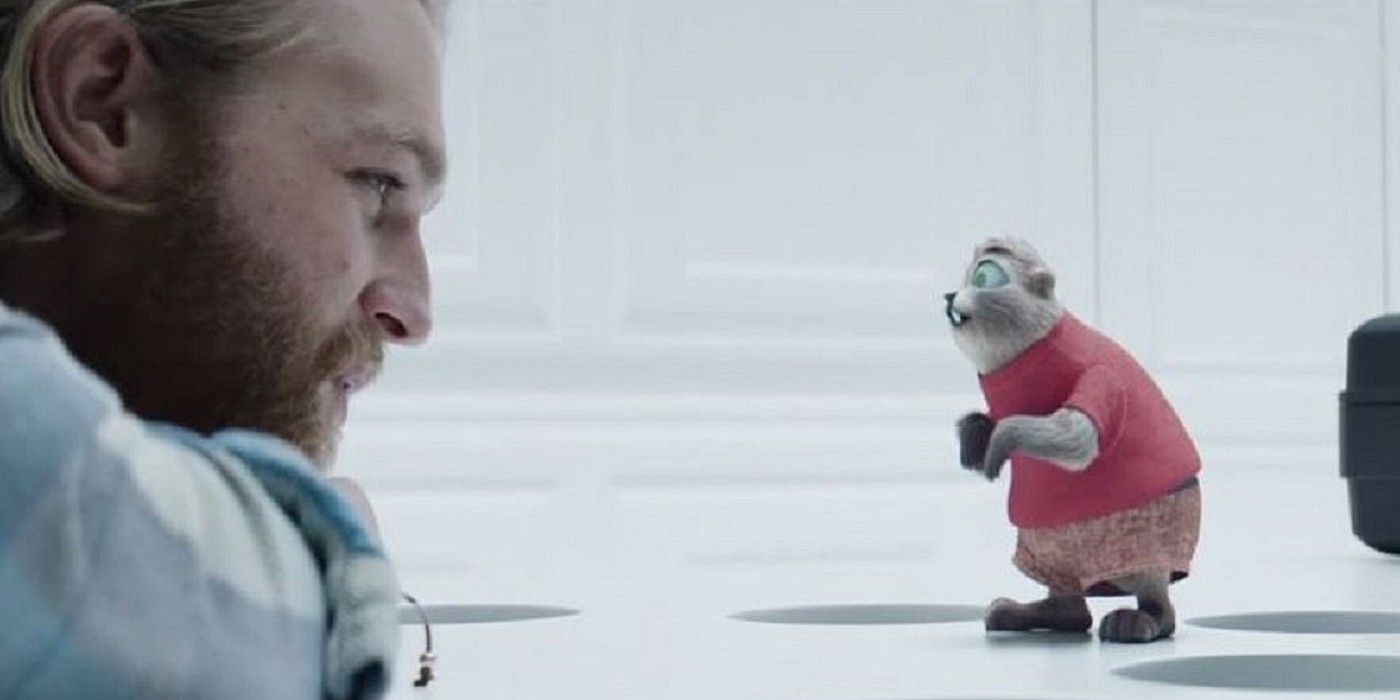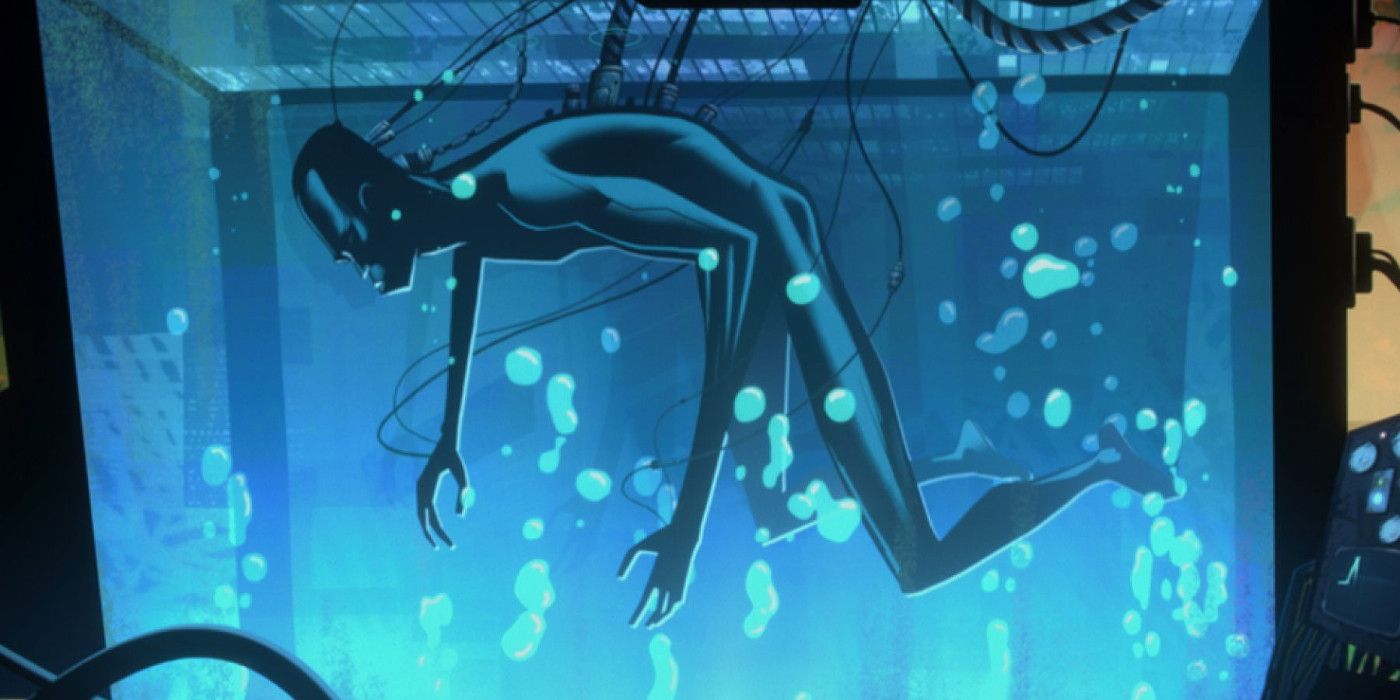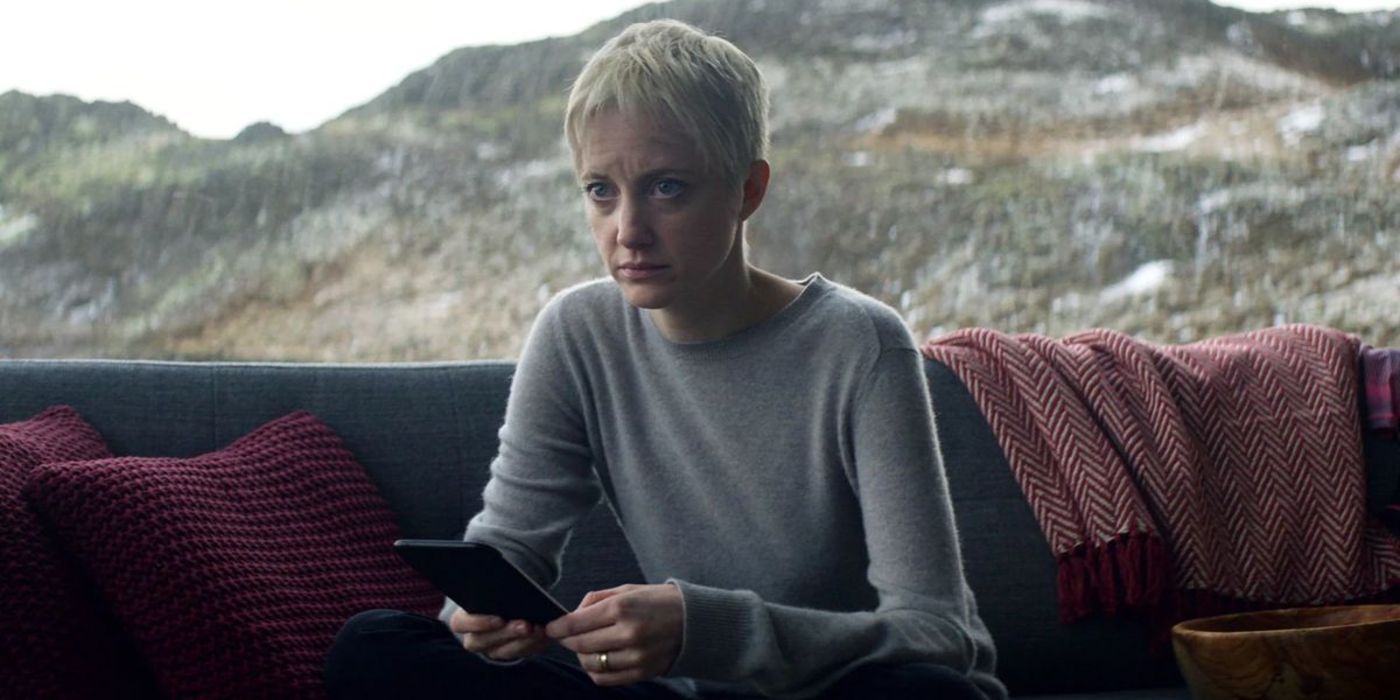Love, Death & Robots Vs. Black Mirror: Which Is Better?
Table of Contents
Is Netflix’s Love, Death, and Robots better than Black Mirror? And if not, could the animated anthology series ever hope to beat the sci-fi satire?
You Are Reading :Love Death & Robots Vs Black Mirror Which Is Better

Both Love, Death, & Robots and Black Mirror are sci-fi anthology series that use fictional technology and dystopian tropes to interrogate viewer’s fears, but which of the two is the stronger show? Debuting in 2011, Black Mirror is a critically-acclaimed sci-fi anthology series that initially aired on British broadcaster Channel 4 before switching to Netflix for seasons 3, 4, and 5.
Inspired by The Twilight Zone, Black Mirror combines satirical social commentary with depictions of dystopian futures that are (typically) almost true to contemporary life, but with one or two dramatic technological developments that have wide-ranging implications for the characters of the series. Although also produced by Netflix, the adult animated series Love, Death, & Robots is a looser, far more fast-paced, and often playful take on the premise of a sci-fi anthology centered around the recurring theme of technology.
Despite their differences in format and execution, both Black Mirror and Love, Death, & Robots depict a variety of semi-dystopian (or in some cases, fully dystopian) scenarios surrounding technology and its potential dangers. However, they approach the topic in drastically different ways, with Love, Death, & Robots generally being more over-the-top than its staid British counterpart, as well as involving scenarios that are not based around technology such as the season 1 standout “Fish Night.” That said, Black Mirror has also strayed into lighter territory at times, as proven by season 5’s regrettable misfire “Rachel, Jack, and Ashley Too,” so the comparison is a fair one to make. So as one series prepares to debut its second season and the other reaches its sixth, which is the better show?
Love, Death, & Robots’ Format Is More Versatile

One area where Love, Death, & Robots is guaranteed an edge over Black Mirror is the versatility of its format. As an animated anthology series whose episodes vary in length from 4-17 minutes, Love, Death, & Robots is not limited by budget, since its animators can bring to life any fictional universe they can draw/render, nor by the structure of conventional television writing, since each episode can allow its story to run for longer or shorter than its predecessor. This versatility is further evidenced by the fact that many of Love, Death, & Robots’ episodes ignore science fiction altogether and focus on fantasy and horror tropes instead, something Black Mirror is not free to do as the show explicitly centers on technological dystopia scenarios, with its very name being derived from the image of a phone screen reflecting its owner.
Black Mirror’s Format Allows More World Building (& Satire)

However, while Love, Death, & Robots may allow more creative freedom for its writers, Black Mirror has a more focused goal that sees many of its outings succeed as standalone stories. Where some of Love, Death, & Robots’ lesser episodes struggle to justify or explain their stories, even lesser episodes of Black Mirror use their longer runtime to establish a world wherein, for example, memories can be replayed at will via an electronic implant, or a simulated reality allows the elderly and dead to interact, and then expand on this premise for an hour. This focus means the satire of the series is more pointed, with episodes like the unsettling “White Bear” providing food for thought in a way few of Love, Death, & Robots’ brief outings can match.
Love, Death & Robots Is Visually Stunning (& Sometimes Empty)

However, while Black Mirror may boast a more focused satirical purview, the series can’t compare with Love, Death, & Robots visually. Each episode of Love, Death, & Robots is animated in a different style from the last, and the sheer quantity of aesthetic experimentation in the series results in a lot of stunning imagery. Even weaker outings boast beautiful animation, like the misjudged “Shape-Shifters,” and in the better episodes such as “Zima Blue,” this visual strength makes for incredible viewing. The stylish visuals of Love, Death, & Robots can also be used in service of less-than-pretty ends, with the infamous twist of “Beyond the Aquila Rift” relying on some unforgettably impressive (and disturbing) animation that would likely have looked goofy in live-action (just see the similar scene in Black Mirror’s “Playtest” for proof). However, this strength can on occasion be a weakness for Love, Death, & Robots, as an over-reliance on visual spectacle can leave the weaker episodes feeling thinly plotted and uninspired.
Black Mirror Is Satirically Sharp (& Sometimes Uninspired)

While it may be less immediately visually arresting than Love, Death, & Robots, Black Mirror can boast stronger scripts and better-realized characters than the animated anthology—for the most part. This point is somewhat contentious as, although Black Mirror’s first two seasons earned almost universal acclaim upon release, in retrospect “Fifteen Million Merits” was a weak plot that relied heavily on Daniel Kaluuya’s central turn, and “The Waldo Moment” has been criticized for having more hamfisted commentary than other episodes. However, the majority of the show’s writing was undeniably sharp and prescient for the first three seasons of Black Mirror, with season 3 standout “San Junipero” being arguably the show’s most impressive episode. That said, for every impressive episode like ”Nosedive,” Black Mirror has aired a dud like “Crocodile,” and the number of weaker outings has increased to include two out of season 5’s three episodes. Black Mirror remains well-loved thanks to the sharpness of its early seasons, but a continuing decline in its incisiveness could lose the show its critical acclaim.
Black Mirror Is Better Than Love, Death, & Robots (For Now)

Black Mirror can boast at least three impressive seasons (and a fantastic feature-length Christmas special), even though they are followed by an uneven fourth and a lesser fifth. The comparatively unproven Love, Death, & Robots has only one season to its name and the eighteen-episode release contained a handful of weaker episodes even in its first outing. However, with season 2 of Love, Death, & Robots on the way, there is no reason to think that Netflix’s animated anthology show can’t replace Black Mirror as the pre-eminent voice in sci-fi satire if the series focuses its writing and deepens its themes.
Already, season 1’s trippy time-loop thriller “The Witness” and the clever colonial satire “Suits” prove that Love, Death, & Robots has the potential to not only show beautifully rendered images but to use these in service of satirically sharp sci-fi stories that have something to say about the viewer’s relationship with technology. However, Love, Death, & Robots has too often been happy with touching on interesting ideas instead of delving into them, and Black Mirror simply has seniority after years of dissecting the troubled interplay between people and technological innovation. The relative newcomer Love, Death, & Robots could go on to challenge the British sci-fi series but for now, Black Mirror is still the stronger of the two dystopias that chart humanity’s obsession with technology and its implications.
Link Source : https://screenrant.com/love-death-robots-black-mirror-vs-better-which/
